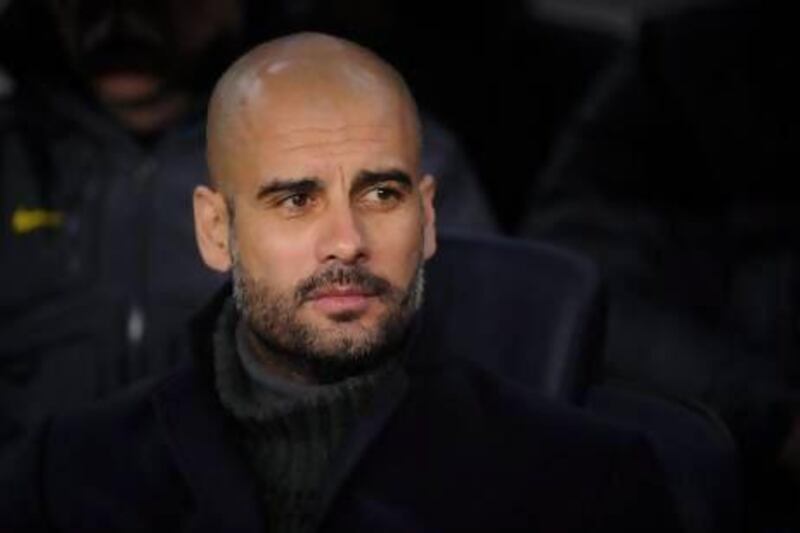Pep Guardiola is a man of surprises. When he said he wanted to play in Serie A, nobody expected him to sign for Brescia.
When he refused to go on an extended trial at Manchester City nobody thought his next move would be to a Mexican team they had never heard of.
They did not expect him to play in Qatar either, and when he started out as the coach of Barcelona's reserves in Spain’s fourth tier, only the most optimistic Barca fans imagined him to lead the first team to a first treble 20 months later.
Guardiola surprised football again last night by signing a three-year-contact to become coach of Bayern Munich, replacing current coach Jupp Heynckes at the end of this season.
Heynckes will retire, surely after leading Bayern to a record 23rd title for they currently enjoy a nine-point lead over Bayer Leverkusen.
Guardiola had said a day earlier that he wants to take on the challenge of managing an English club in the future.
He was expected to be the latest man to have a go coaching Chelsea, the club who tried to sign him last May. Or to Manchester City, joining up with a chief executive and sporting director he had enjoyed so much success with at Camp Nou.
AC Milan and Paris Saint-Germain were also linked with the Catalan, who has taken his family to live in New York since stepping down from the Barcelona job last May. Others saw him as the perfect replacement for Sir Alex Ferguson at Manchester United, but Ferguson has given no indication that he wants to retire like Heynckes, 67. At 41, Guardiola has a lot of time left.
It is curious that Germany’s Bundesliga is overlooked when England’s Premier League and Spain’s Primera Liga describe themselves as the best in the world.
No Bundesliga team has won the Uefa Champions League since Bayern’s 2001 triumph, yet the league boasts the highest average attendances in the world and superior atmospheres inside stadiums. The clubs are run more sensibly and not allowed to accumulate vast debts. The German model is admired, not least by Guardiola.
Bayern Munich, Germany’s most successful club with 22 titles and four European Cups, sell the 69,000 seat Allianz Arena out for every match and have impressive financial resources.
The pair will now work together in a country with an excellent and emerging national side, with big domestic rivals such as reigning champions Borussia Dortmund and Shalke 04.
Bayern reached the Uefa Champions League final in their own home stadium last May losing to Chelsea, just as they lost the final to Jose Mourinho’s Inter Milan in 2010. They famously lost the 1999 final by conceding two very late goals to Manchester United in Barcelona too.
Guardiola has experience of winning the Champions League has guided Barcelona twice in 2009 and 2011. He can also expect to receive time to implement his ideas at a club who will welcome his philosophy of building from within.
Bayern’s stability offers him an excellent chance of proving his own doubters wrong.
Despite winning everything there is to win in club football during his four-year spell with the Catalans, critics suggested Guardiola inherited a great side with the world’s best player, Lionel Messi, something he will now have the chance to disprove with his new challenge.
Guardiola does not speak German, though he has time to learn now so that he is prepared for next season.
With good reason, Bayern, Bavaria and the Bundesliga will feel very satisfied at their latest surprise capture.
Follow us
[ @SprtNationalUAE ]






